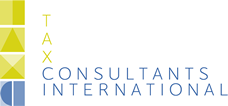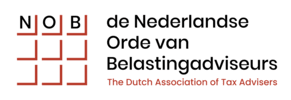The principle of the reverse charge rule is that it shifts the liability to account for the VAT on a supply from the supplier to the customer. The main purpose is to avoid the need for the supplier to register and account for VAT in a Member State in which he is not established. It can be applied only in specific circumstances and does not have a general application. Where it applies, the customer is required to charge himself local VAT on the value of the supply made to him. That VAT is treated as the output VAT of the customer. At the same time the customer is entitled to treat the same amount as input tax and can deduct it. This deduction is subject to the normal VAT rules such as the restrictions on recovering input tax when exempt supplies are made.
The application of the reverse charge is extended in the Netherlands. Where a non-Dutch business makes supplies of goods or services in the Netherlands which are subject to Dutch VAT, then it should in principle charge that VAT to the customer. But, where the customer is a VAT entrepreneur established in the Netherlands, the reverse charge rule will apply.
What can we do for you?
- Advice on the VAT status of your company
- Clarifying the VAT implications of (cross-border) transactions
- Dealing with VAT registration and VAT compliance matters
- Representation in VAT audits


.png)